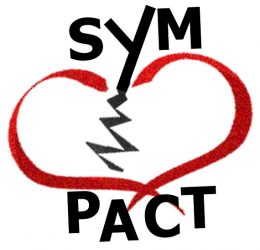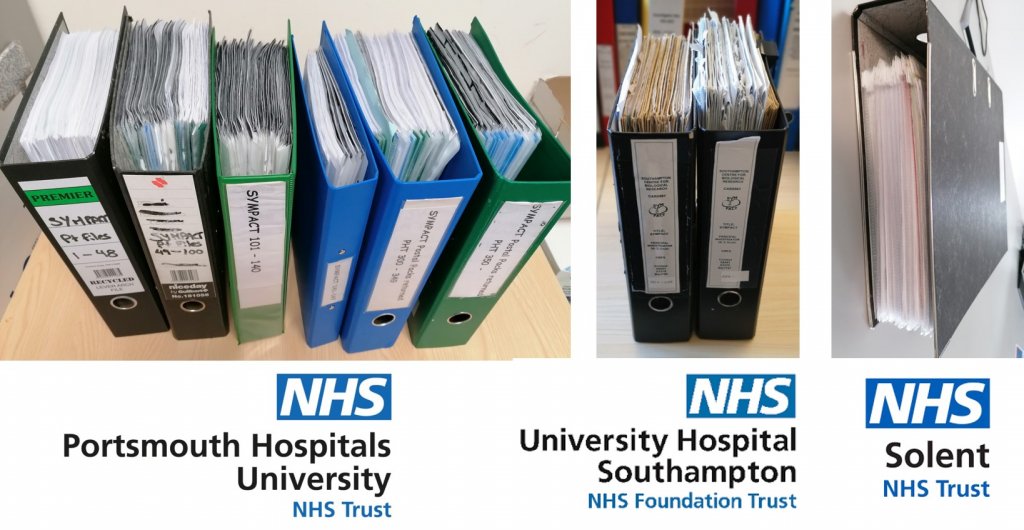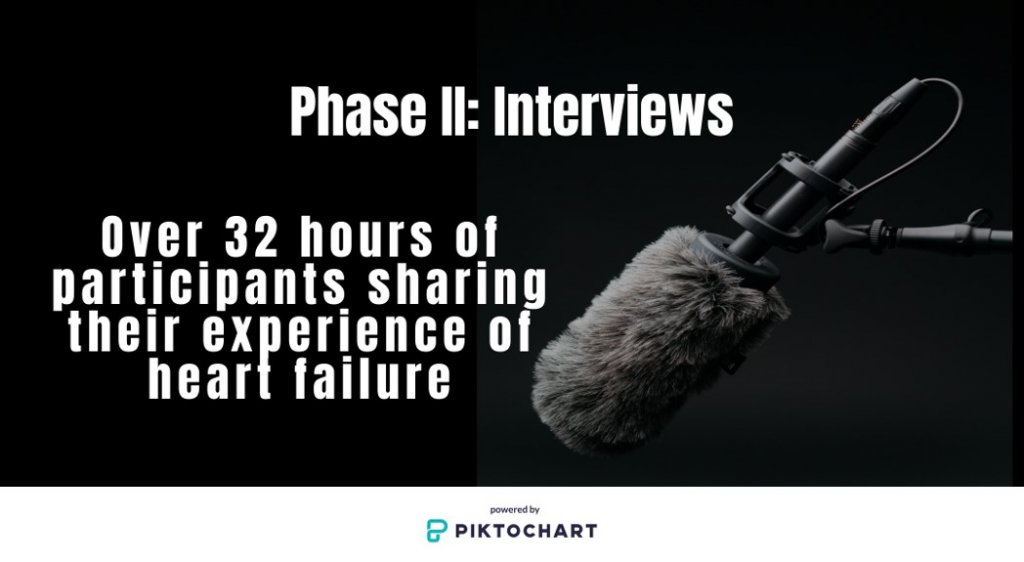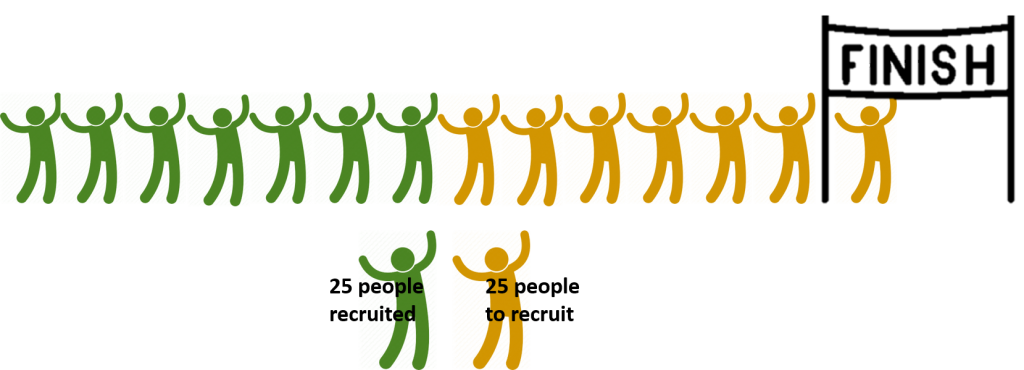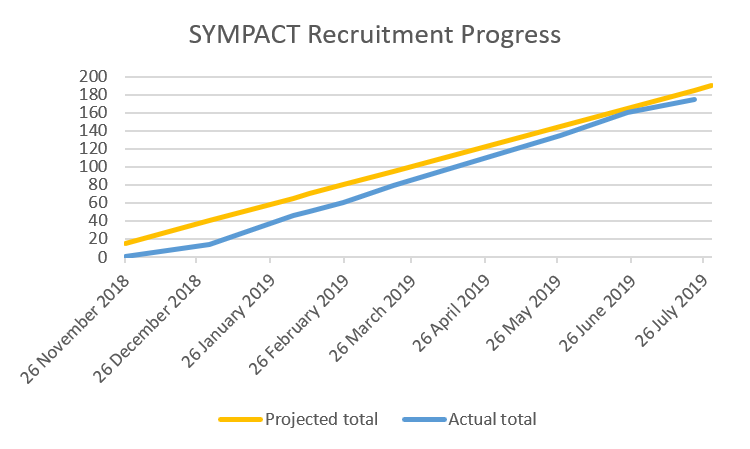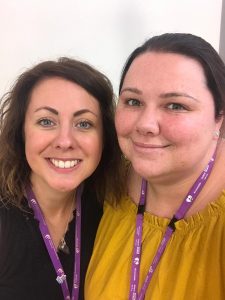Earlier this month the first publication for my PhD was released online and in print by the British Journal of Cardiac Nursing. It has now been made free to access by following this link: https://www.magonlinelibrary.com/doi/full/10.12968/bjca.2019.14.2.91
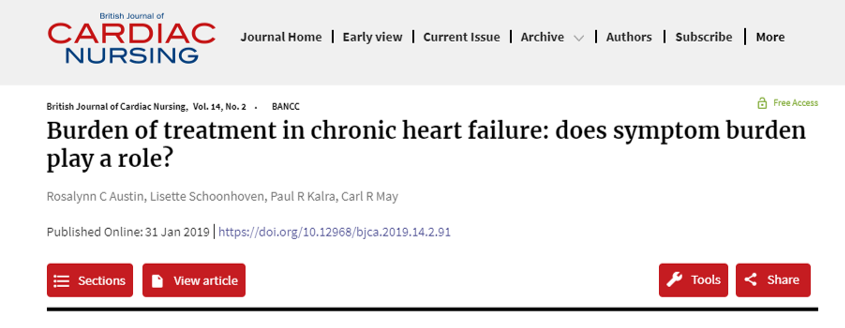
In keeping with the KISS (Keep it Simple Silly) principles below is an easy to read version. If this interests you please read the full version.
Heart Failure is increasingly common. It is the result of a heart which no long pumps blood as it should. People with this illness commonly experience breathlessness and fluid retention. A major part of the treatment of heart failure is that patients are expected to “self-manage”. There is an expectation that they will be able to monitor their symptoms, make changes to their treatment plan, or seek help if their illness gets worse. However, in medical journals, there is the suggestion that people with heart failure struggle to be successful in their ‘self-management’.
A new theory, “Burden of Treatment” try’s to better understand what it is like for people with chronic illnesses to live with an manage their illness. It is more than just completing the “simple” task of taking the pills. Burden of treatment also includes more complex tasks, from co-ordination of treatments to getting others to help out. It also includes the how lives might have to change due to the treatment and the available resources people have to help them with this work. It is thought that high burden of treatment may lead to poor self-management and illnesses getting worse.
Symptoms of illness also make things harder for people with chronic illness. In the medical journals this is described as separate and unique from burden of treatment. However, clinically and in someone’s personal experience these two things may be more interconnected, but this has not been explored. This may be even truer for someone with heart failure as they have symptoms that do not always improve despite the best medical care available. In addition, the symptoms of heart failure may also make the work of managing illness too difficult to complete.
I think that these two ideas of symptoms and burden of treatment interact with each other within a person’s experience of living with heart failure. I along with the other authors, want to explore these ideas more. We are completing a review of previous research papers. In this review we will look for the presence of symptoms and explore if they are talked about in relation to the work of managing heart failure. We are also completing a research study, SYMPACT which will measure and explore the possible interaction between symptoms and the burden of treatment.
Until more is known this article encourages health professions to think about the work they are asking those with heart failure to do and if they have the ability to complete that work. To read it full detail click on the link below: https://www.magonlinelibrary.com/doi/full/10.12968/bjca.2019.14.2.91
